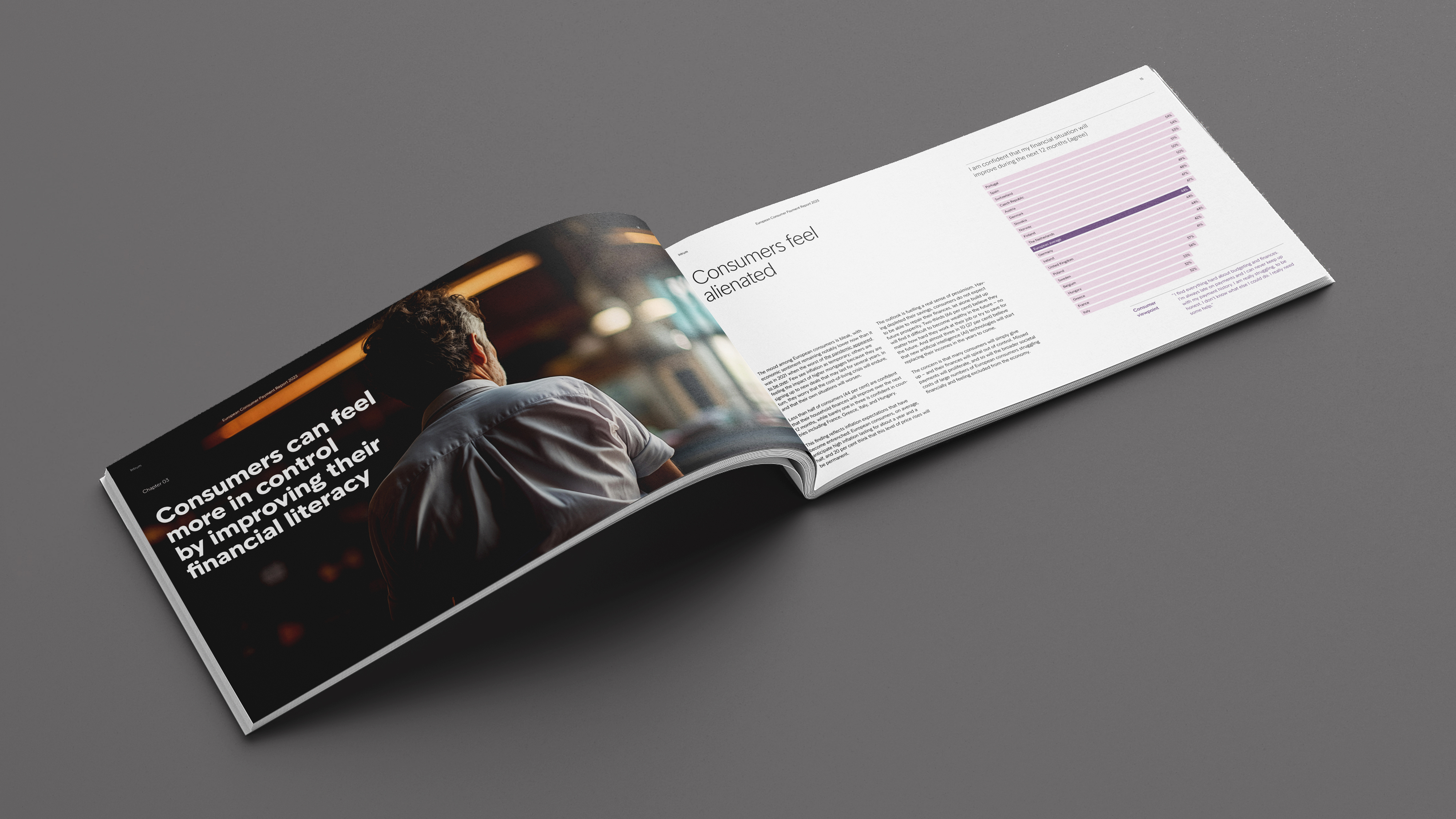What to do when your customers aren’t paying
This time of year is typically a tricky one for personal finances, and the New Year has arrived with the added sting of last year's cost of living crisis and ongoing economic difficulties.
With people looking for ways to manage the impact of high interest rates and inflation, evidence shows Europe’s consumers did indeed reduce their Christmas spending. Swedish trade association Svensk Handel said retailers are more pessimistic than ever after Black Friday failed to boost sales sufficiently, while retailers in Germany reported a decline in Christmas trading of five per cent on last year.
While UK retailers saw a brief post-Christmas sales boost, the figures are still much lower than pre-pandemic – with footfall 14.9 per cent down on 2019.
Consumers are clearly economising where possible, though for many that will not be enough to prevent debt problems. A fifth of Europe’s consumers say they have no savings at all and almost a quarter believe they may be forced to skip a bill payment in 2024.
So, what can businesses do to protect themselves from late payment as they face this spending squeeze?
- Communicate effectively: ensure your communications are clear, simple and tailored to your customers and their preferences. Bills and requests for payment that use jargon and complex terminology are creating unnecessary barriers to payment. Send timely reminders with information on what to do if someone isn’t able to pay.
- Avoid a heavy-handed approach: take the time to understand each customer’s financial situation – then you can work with them to agree on a realistic repayment plan. When your customer is back on their feet, they’ll remember how they were treated.
- But don’t put your head in the sand: according to Intrum’s European Consumer Payment Report, almost a third (31 per cent) of European consumers say they don’t expect most companies to bother taking action against those who can’t pay. Ensure you enter a dialogue with your customers if they are late in paying so they aren’t under the impression they can ignore the issue. Make sure they understand the implications.
- Be flexible: almost half of Europeans (47 per cent) told Intrum they’re more likely to spend money with businesses that offer flexible payment terms and two-thirds believe it’s socially responsible for businesses to be flexible on payments in these difficult times. Customers may also want a range of ways to engage with you, from digital portals to call centre options, depending on demographics, circumstances and individual preferences.
- Work with a third party: debt collection can be an expensive and time-consuming task, distracting businesses from their core focus. If you feel you’re unable to meet demand or don’t have the specialist skills needed in-house, partnering with a third party can be an excellent way to access technology, expertise and additional head count.
Getting paid in today’s economic climate is a balancing act but it is possible to engage in effective collections while ensuring your customers have a positive experience.
European Consumer Payment Report 2023
This article is based on insights from Intrum's latest European Consumer Payment Report; a survey that seeks to uncover consumer spending habits and household finance trends. Download the full report to get the full picture.



